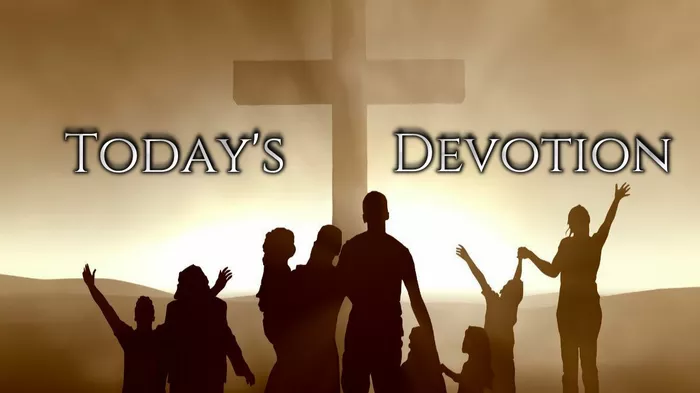Palm Sunday is an important day in the Christian calendar, marking the beginning of Holy Week and ending with the celebration of Easter. For many, this day is associated with the joyous procession of Jesus’ triumphal entry into Jerusalem. However, behind this outward celebration lies a deeper spiritual meaning that connects believers to the heart of the Christian faith. This article will explore the true meaning of Palm Sunday, its historical roots, the spiritual lessons it teaches, and the traditions that have developed around this day.
What is Palm Sunday?
Palm Sunday is celebrated on the Sunday before Easter and commemorates the entry of Jesus Christ into Jerusalem, an event recorded in all four gospels of the New Testament. The day is called “Palm Sunday” because when Jesus entered the city, the crowds greeted him by laying palm branches on the ground in front of him, symbolizing honor and reverence. The people’s action was a recognition that Jesus was the King of the Jews.
Palm Sunday marks the beginning of Holy Week, which includes several important days before Easter, such as Maundy Thursday, Good Friday, and Easter Sunday. The day was filled with both joy and sorrow: Jesus was honored as a king, but it also foreshadowed his eventual crucifixion, setting the stage for the ultimate sacrificial act.
The Biblical Account of Palm Sunday
The story of Palm Sunday is told in four gospels—Matthew, Mark, Luke, and John. While each gospel has a slightly different perspective, the core message remains the same. Jesus, walking with his disciples, arrives in Jerusalem. He sends two of his disciples ahead to find a donkey and a colt to ride into the city. This move fulfills a prophecy in the Old Testament book of Zechariah that the Messiah would come to Jerusalem riding on a donkey.
As Jesus rode into the city, the crowd spread garments and palm branches on the ground, while others shouted, “Hosanna to the Son of David! Blessed is he who comes in the name of the Lord!” These shouts proclaimed Jesus’ kingship, even if many in the crowd did not fully understand the significance of the moment.
Palm Sunday and its Symbolism
Symbol of Peace
The image of Jesus riding into Jerusalem on a donkey is rich in symbolism. In ancient times, a king riding a horse symbolized war, while riding a donkey symbolized peace. Therefore, Jesus chose to ride a donkey to show that he was not coming to overthrow an earthly kingdom, but to bring peace through his message and ultimately through his death and resurrection.
The palm branches held by the crowd also held great significance. In Jewish tradition, palms symbolize victory and triumph, but on Palm Sunday, palm branches symbolize both glory and sacrifice. They represent the people’s recognition of Jesus as the Messiah and their expectation of a savior who could liberate them, however incomplete their understanding of liberation.
Premonition of Jesus’ Sacrifice
Palm Sunday was not just a joyous holiday, it was a reminder of the great sacrifice Jesus was about to make. The crowds that had welcomed Jesus with joy and celebration turned against him a few days later and called for his crucifixion. This dramatic shift from celebration to condemnation highlighted the contradiction between Jesus’ message of peace and the people’s expectations.
The procession into Jerusalem foreshadows the upcoming events of Holy Week, including the Last Supper, Judas’ betrayal, Pilate’s trial, and ultimately the crucifixion. Palm Sunday is therefore not only a day of celebration, but also a day of reflection on the cost of discipleship and Christ’s deep love for humanity.
The Spiritual Significance of Palm Sunday
A Call to Accept Jesus as King
Palm Sunday is a powerful reminder of Jesus’ kingship. As the crowds shouted, “Blessed is He who comes in the name of the Lord,” they acknowledged Jesus as the promised Messiah, the one sent to bring salvation. For Christians, Palm Sunday is an invitation to personally acknowledge Jesus as the King of their lives, submit to His rule, and reflect on how they live out their faith.
A Call to Follow Jesus’ Example of Humility
Jesus’ choice to enter Jerusalem on a donkey is also a lesson in humility. As the Son of God, He could have chosen to enter Jerusalem in a way that displayed authority and power, but He chose the way of humility and peace. Palm Sunday challenges believers to live humbly, put others first, and follow the example set by Jesus in his actions, teachings, and sacrifice.
A Call to Prepare to Carry the Cross
Palm Sunday is a day of joy and spiritual preparation for the journey of Holy Week. As the crowds lay their garments and palm branches before Jesus, they symbolically prepare the way for His coming. For Christians, this can be likened to preparing their hearts to welcome Christ anew during this sacred moment. It is an opportunity for reflection, repentance, and renewal as believers reflect on the ultimate sacrifice of Jesus on the cross.

